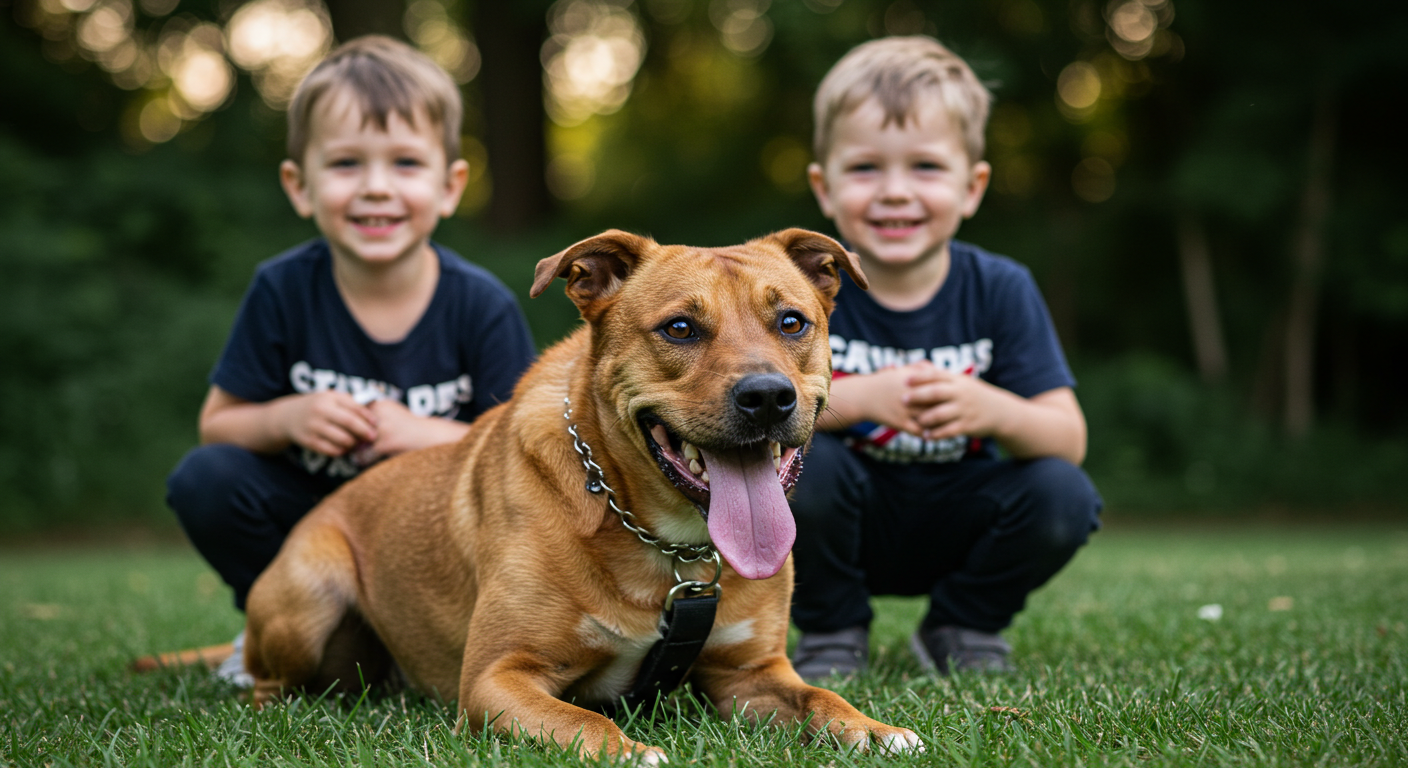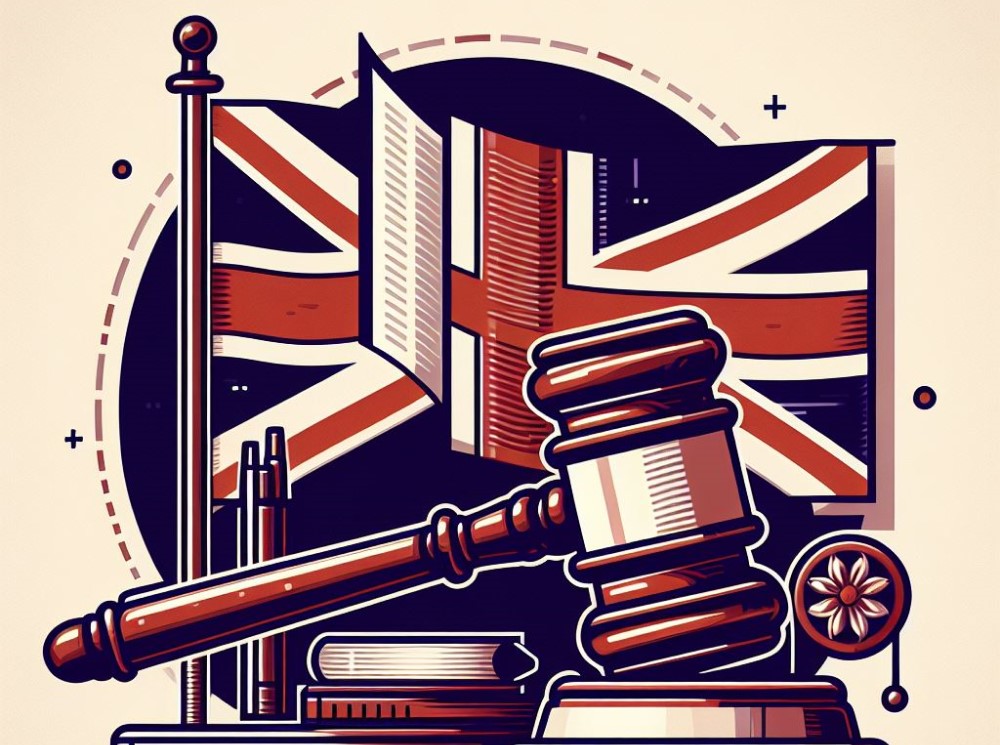What to Do If You Are Contacted by the Police About a Dangerous Dog: A Comprehensive Guide
What to Do If You Are Contacted by the Police About a Dangerous Dog: A Comprehensive Guide
If you find yourself being contacted by the police regarding a dangerous dog, it can be a stressful and concerning situation. Understanding your rights and knowing how to handle this situation is crucial.
In this article, we provide a comprehensive guide on what to do if you are contacted by the police about a dangerous dog in order to help you navigate this challenging process. We will cover important steps to take, legal obligations, and practical advice to ensure the best possible outcome for both you and your dog.
By being well-informed and prepared, you can handle this situation with confidence and protect your rights.
When contacted by the police about a dangerous dog, the first step is to assess the situation calmly and objectively. Evaluate the nature of the contact, whether it is a formal inquiry, a visit from an officer, or a written notice. Take note of the details provided and ensure you understand the specific concerns or allegations raised.
Assessing the situation allows you to gather your thoughts, understand the potential implications, and prepare for the necessary actions.
Contacted by The Police About a Dangerous Dog: Comply with Legal Requirements

It is essential to understand and comply with the legal requirements related to dangerous dogs. In England, the Dangerous Dogs Act 1991 outlines specific obligations and restrictions regarding certain breeds and dog behaviours. Familiarize yourself with the legislation to ensure you are aware of your responsibilities.
This may include requirements such as ensuring the dog is muzzled and leashed in public, properly registered and insured, and taking necessary precautions to prevent incidents. Compliance with legal requirements demonstrates your commitment to responsible dog ownership and can contribute positively to the outcome of the situation.
Seek Legal Advice
When facing a situation involving a dangerous dog and potential police involvement, seeking legal advice is highly recommended. Consult a solicitor or legal professional with expertise in animal law or criminal defence. They can provide guidance specific to your circumstances, explain your legal rights and obligations, and help you navigate the process effectively. A legal professional can assist in reviewing any documentation or notices received, advising you on potential defences, and representing your interests throughout the investigation or court proceedings.
Gather Evidence and Documentation
To build a strong defence or present your case effectively, it is important to gather relevant evidence and documentation. This may include medical records, vet reports, witness statements, or any documentation that supports your claim that your dog is not dangerous or poses no significant risk.
Photos or videos showing your dog’s behaviour, training, and socialization can also be valuable. Collect any documentation related to your dog’s training, obedience classes, or certifications. These materials will help demonstrate that you have taken responsible steps to ensure the safety and well-being of your dog and others.
Cooperate with the Police

Cooperating with the police is crucial during the investigation process. Respond promptly to any requests for information, interviews, or meetings. Provide honest and accurate information to the best of your knowledge.
Cooperating demonstrates your willingness to address the situation responsibly and can help establish a positive relationship with the investigating officers. Be respectful and cooperative while asserting your rights and seeking legal advice when necessary
Understand the Investigation Process
It is important to have a clear understanding of the investigation process when dealing with a dangerous dog case. The police will conduct inquiries to gather evidence, interview witnesses, and assess the circumstances surrounding the alleged dangerous behaviour.
Be aware of your rights during the investigation, such as the right to remain silent and the right to have legal representation present during questioning. Cooperate with the investigation process while ensuring your rights are protected.
Understanding the stages of the investigation, including any potential interviews or statements, can help you navigate the process more effectively and ensure that your side of the story is accurately represented.
Dog Control Orders and Restrictions
In cases involving dangerous dogs, authorities may issue dog control orders or restrictions. These orders can include requirements such as muzzling and leashing in public, obtaining third-party insurance, or attending behaviour and training classes.
It is crucial to understand the specific requirements outlined in any dog control orders and comply with them diligently. Failure to comply with these orders can lead to further legal consequences. Consult your legal advisor to ensure that you understand the terms of any orders and fulfil your obligations accordingly.
Consult an Animal Behaviourist or Trainer

Engaging the services of an experienced animal behaviourist or trainer can be beneficial when dealing with a dangerous dog case. They can assess your dog’s behaviour, provide expert opinions or evaluations, and recommend appropriate training or rehabilitation programs.
Having a professional assessment can support your case by demonstrating that you are actively addressing any concerns and taking proactive steps to ensure the safety and well-being of your dog and the community. It is important to consult a reputable and qualified professional who specializes in working with potentially dangerous dogs.
Attend Court Proceedings
If the case proceeds to court, it is essential to attend all scheduled court proceedings. Failure to appear can have serious consequences, including a potential conviction in absentia. Dress appropriately, remain respectful, and follow any instructions or guidance provided by your legal representative.
Present your case clearly and concisely, providing any evidence or documentation that supports your defence. Your legal advisor will guide you through the court process and help present your case effectively.
Comply with Court Orders

If the court issues any orders, it is crucial to comply with them fully and promptly. These orders may include requirements related to the management and control of your dog, training programs, or ongoing assessments.
Failure to comply with court orders can result in additional legal penalties. Keep documentation of your compliance with these orders, such as attendance certificates for training programs or behavioural assessments, as evidence of your commitment to fulfilling your obligations.
Dealing with a dangerous dog case can be a challenging and complex process. By understanding your rights, seeking legal advice, and following the appropriate steps, you can effectively navigate the situation. Assessing the situation, complying with legal requirements, gathering evidence, cooperating with the police, and understanding the investigation process are essential components.
Additionally, consult an animal behaviourist or trainer, attend court proceedings, and comply with any court orders issued. Remember to seek legal advice and support throughout the process to ensure your rights are protected and to increase the likelihood of achieving a favourable outcome for both you and your dog.
Thank you for reading this post, don't forget to subscribe!
Notice: Informational Content Disclaimer
The content provided on this website, including articles, blog posts, and other informational materials, is intended for general informational purposes only. It is not intended as, and should not be considered, legal advice.
Visitors to this website should be aware that the information presented here is not a substitute for seeking legal advice from a qualified solicitor or legal professional. Each individual's legal situation is unique, and the information provided may not be applicable to specific circumstances.
If you require legal advice or have specific legal questions, we encourage you to contact us directly. Our experienced team of solicitors is here to assist you with your legal needs and provide tailored advice to address your concerns.
Please be advised that any communication through this website, including the use of contact forms or email, does not create a solicitor-client relationship. Confidential or time-sensitive information should not be sent through this website. To establish a solicitor-client relationship and discuss your legal matters in detail, please contact us for a consultation.
We strive to provide accurate and up-to-date information, but we make no representations or warranties regarding the accuracy, completeness, or suitability of the information contained on this website. We shall not be liable for any reliance placed on the information provided herein.
Thank you for visiting our website. We look forward to the opportunity to assist you with your legal needs.




